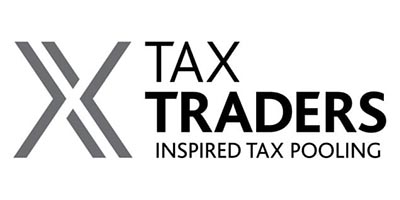Understanding the difference between an employee and a contractor can seem a bit confusing and sometimes not essential. However, it is very important to correctly differential the two as it will affect the rights and obligations of both parties.
Who is an employee?
An employee is anyone employed to work under an employment agreement and works in return for a wage or salary. An employee is covered by employment legislation such as the Employment Relations Act 2000, Minimum Wage Act 1983 and the Holidays Act 2003.
An employee is entitled to minimum breaks during their shift, sick leave, annual leave and other minimum employment rights under employment legislation. Employees also have extra rights, like the right to take a personal grievance.
An employer must keep records for all its employees such as employment agreement, hours worked, leave accrued etc. The employer is also responsible for making deductions such as PAYE, Kiwisaver, Child Support Payments etc and paying this to the IRD.
Who is a contractor?
A contractor is a person who works for someone under a contract for service. Contractors are normally self-employed and invoice their clients for their services. They are not covered by employment legislation hence not entitled for minimum employment rights.
Contractors are also responsible for their own taxes and ACC levies. However, the might have schedular deductions depending on their contracts.
Importance of correctly classifying as employee or contractor
Incorrectly classifying an employee as a contractor can lead to consequences such as the agreement being declared a sham by the employment relations authority and the employer liable for penalties plus, unpaid PAYE tax, minimum wages and leave entitlements.
The courts have developed some legal tests to determine the difference between an employee and a contractor, there tests are:
- Intention test
- Control vs independence test
- Integration test
- Fundamental/economic reality test
Intention Test
What was the intention of the parties when entering into the agreement?
This will be detailed into the written agreement the parties have.
Control vs independence test
What degree of control does the employer have over the person (the control test)?
The greater the control excised over the worker the more likely they are an employee. A contractor has more flexibility to choose the hours the work, who they work for, the tools to use etc.
The degree of independence will be looked at when deciding if a person is an employee or a contractor.
Integration Test
Is the work performed by the person fundamental to the organisation? Is the type of work performed usually performed by an employee or a contractor?
If the work is continuous, fundamental to the organisation and normally done by employees, it’s more likely the person performing it is an employee.
However if it’s a one off task/project, supplementary part of the business then it could be done by a contractor.
Fundamental/Economic reality test
A contractor usually runs their own business and charges fees (invoices) for its services. An employee works for wages or salary.
A contractor can be paid whatever rate is agreed to. An employee must receive at least the minimum wage for all hours worked.
A contractor can provide services to multiple organisations, where as an employee normally works one full time job.
Note: The above test work together to determine if a person is an employee or a contractor.







